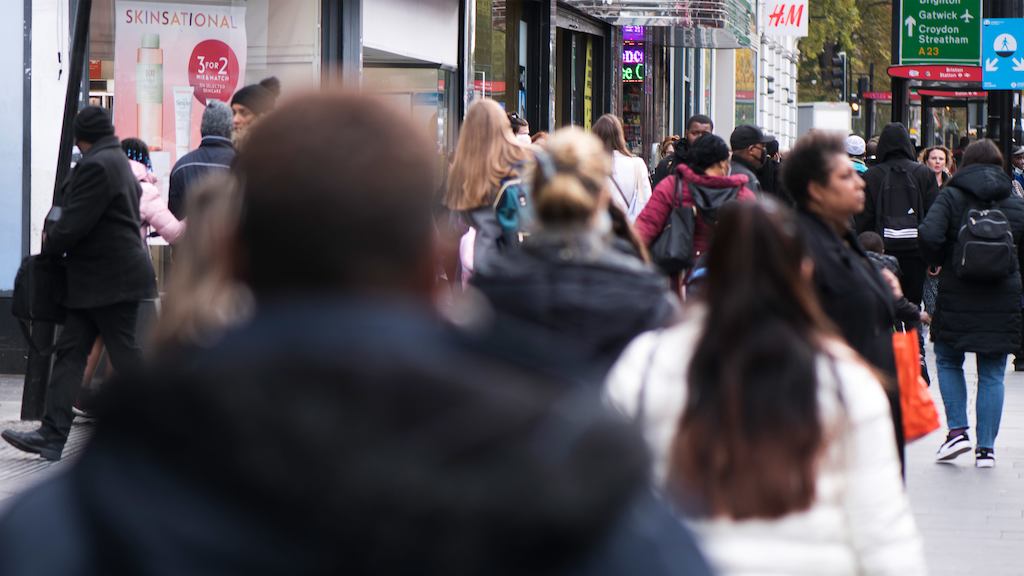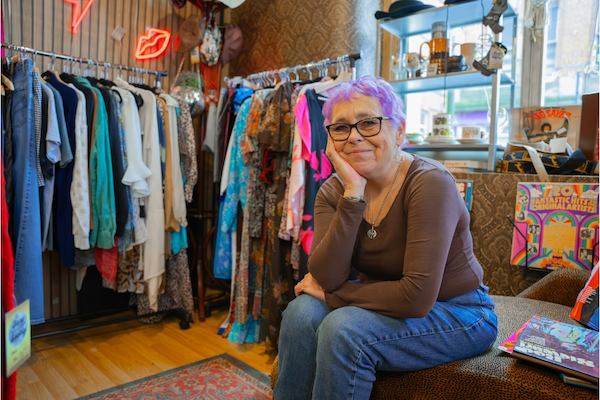Ageism has taken a nastier turn during the COVID-19 pandemic. We have seen some vicious rhetoric to talk about older people – from commentators reassuring one another that ‘only’ older people were at risk from the disease to one journalist arguing that the virus might benefit the economy by “culling” the elderly. The crisis has lifted the lid on many disturbing attitudes to age. It’s crucial that we tackle these head-on.
Older adults have been consistently referred to as ‘vulnerable’ throughout the crisis. While age is undoubtedly a significant risk factor of coronavirus, there are huge differences in the health status of those in this age group – and the overwhelming majority are neither frail nor vulnerable.
We have also seen the pandemic turned into a generational fight with no winners. The economic consequences of lockdown are seen to fall only on younger people. And yet older workers are at greatest risk of long-term unemployment. Two out of five older workers say that they are concerned that their finances will get worse as a result of the pandemic.
The speed of the vaccine roll-out offers hope to us all, after a year in which we have largely been advised to ‘stay at home’ and large parts of the economy have been shutdown.


